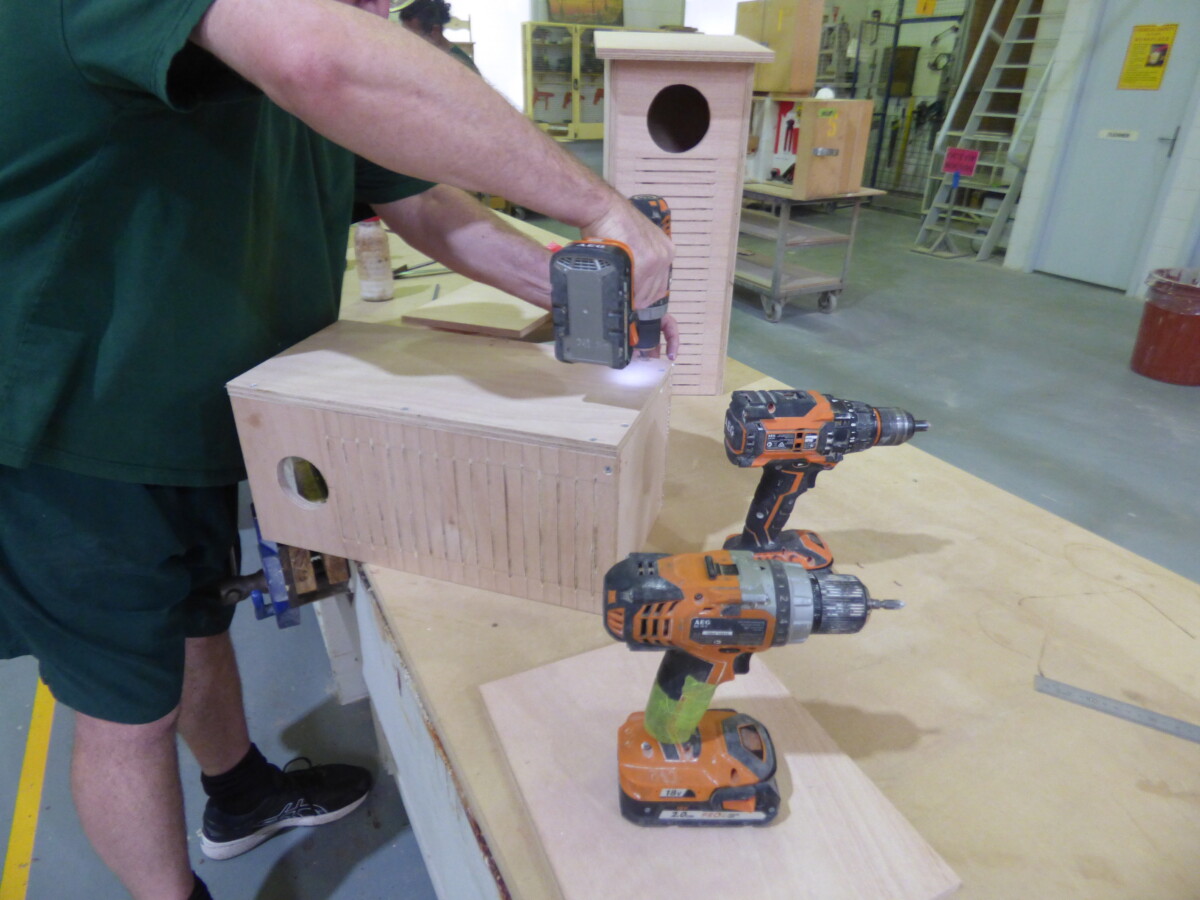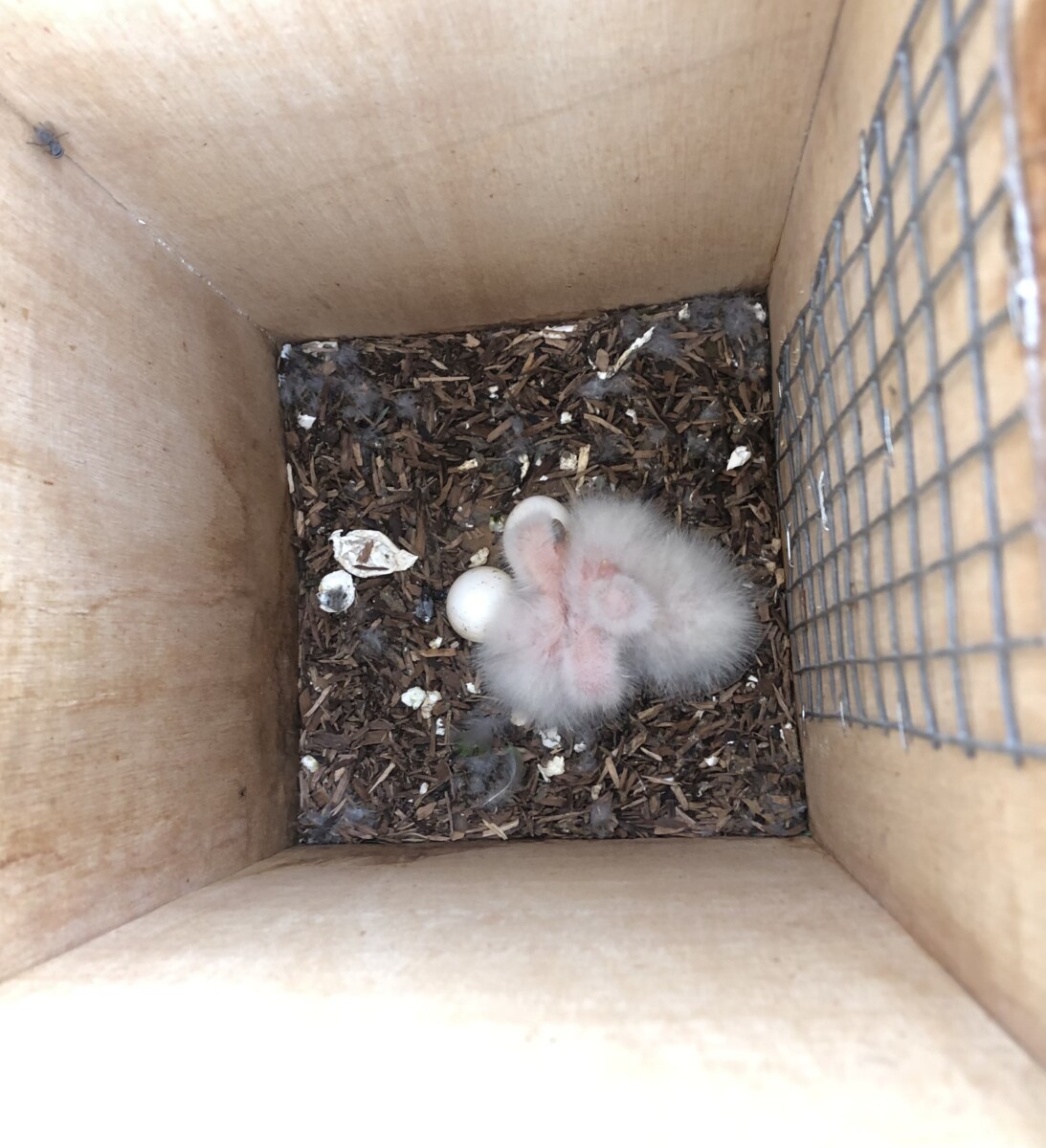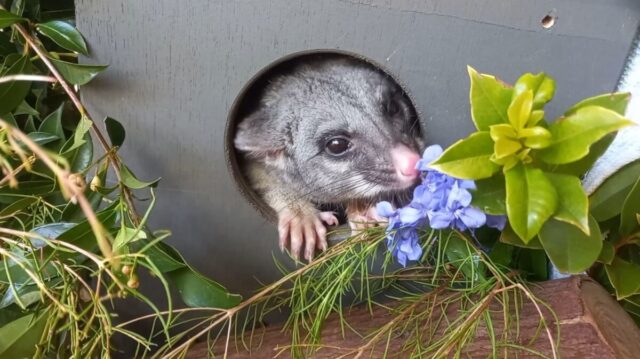A summer school project at Casuarina Prison has helped provide homes for native wildlife needing care and rehabilitation.
Prisoners made about 20 nesting boxes for the Darling Range Wildlife Shelter, and several feathered families have already moved in to lay eggs and raise their chicks.

The boxes are also useful for rehabilitating little marsupials like possums and providing a refuge from predators.
Michelle Hazelwood from the Darling Range Wildlife Shelter said many native species are losing their homes because of the changing environment, land clearing and bushfires.
“The animals need hollows and the nesting boxes have been a successful alternative. We’ve had species like ringnecks, kookaburras and even ducks making homes in them and raising their young,” she said.
“Some boxes are occupied by bats and possums or galahs, which generally use them as fulltime shelter.
“The vocational staff at Casuarina were very generous in their support and donation of the specially made boxes and we’re very grateful.”

Department of Justice Prisoner Education Coordinator Richard Ferla said the project also provided the participating prisoners at Casuarina an opportunity to learn trade skills.

“They learned to read and interpret scaled drawings and use measurement to construct a timber product. They also gained experience with a range of hand tools like hammers and wood saws, and power tools such as cordless drills and jigsaws,” he said.
“These are all skills which would be useful in finding employment after they leave prison.”
The nesting boxes are placed in tree branches at varying heights above the ground, catering to the preferences of different species, and can last up to 10 years.
Winter and spring are the main nesting seasons for most of the bird species.
“Some species will defend their nesting site from intruders during and outside of breeding season. Even non-territorial species will protect their roost from others so their ‘housing crisis’ is real,” Ms Hazelwood said.
The boxes also provide a valuable space for micro fauna such as insects and spiders, which are food sources for animals and an essential part of every ecosystem.
Some boxes will be used for a landcare project in the City of Gosnells, while others will be sold to raise funds for the not-for-profit Shelter.














